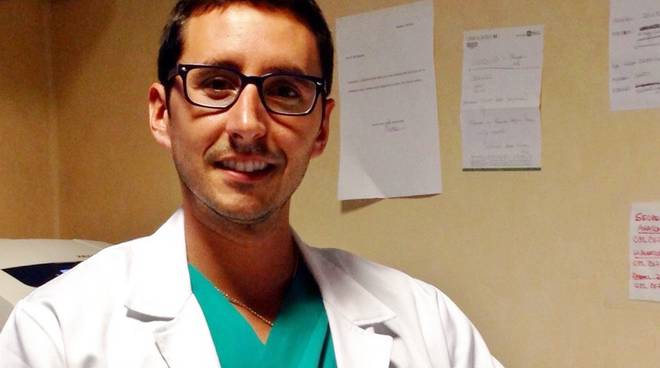Urologist is the medical specialist in urology, a specialty of medicine that treats the organs of the male and female urinary tract and the reproductive system of men. In order to become a urologist, it takes 6 years of medical training, 2 years of medical residency in general surgery and a further 2 residency in urology. The word “urology” comes from the Greek terms ouron , which means “urine” and logos , which means “study.”
For to making diagnoses, the urologist also makes surgeries in the urinary tract of men and women. He is the doctor responsible for prostate screening. The urologist treats the following organs: kidneys, urinary bladder, urethra, organs of the male reproductive system (testis, epididymis, vas deferens, seminal vesicles, prostate and penis).
Some of the diseases treated by the urologist are: cystitis, renal calculus, penile and testicular cancer, erectile dysfunction, male infertility.
Urologist is the doctor responsible for treating the problems related to the urinary tract of men and women and the genital of men. Every urologist must have been trained as a doctor, specialization (medical residency) in general surgery and specialization (medical residency) in urology. It is eleven years of studies to enable you to treat these problems clinically or surgically. Urology interfaces with practically all medical specialties.
The urologist doctor usually attends patients in the office, accompanies inpatients, and performs surgeries and diagnostic exams. Traditionally, the urologist physician plays an important role in performing and check-ups for men..
What does the urologist do?
The urologist is responsible for treating some diseases such as:
- Sexual impotence;
- Premature ejaculation;
- Infertility;
- Kidney stone;
- Difficulty in urinating;
- Urinary incontinence;
- Urinary tract infections;
- Inflammation in the urinary tract;
- Disorders of urination (the act of expulsion of urine)
- Urinary tract infections (urethra, bladder, ureters, kidneys)
- Calculi of the urinary tract
- Disorders related to the functions of the genital organs (sexual and reproductive functions)
- Neoplasm (tumors) of the prostate in the male and other of the male and female urinary tract organs
- BPH
- Male and female genital infections
- Couple infertility
When to go to the Urologist
You must consult to an appointment with a urologist whenever you experience pain in urinary system, and pain during intercourse.
Urological examination for the woman
The urological examination for the woman is very similar to the gynecological examination. It is very useful to evaluate the presence of prolapses (ie, the descent of the organs from their natural site) of the bladder associated with the uterine ones and in the preliminary evaluation of any urinary incontinence. It often happens that in order to better investigate the organs of the urinary system the urologist requires a subsequent ultrasound of the lower abdomen with or without i probe.
In both cases, female and male visits, the urological examination is preferred to combine second level examinations (including those of the blood) that allow to delineate a more specific clinical picture.

